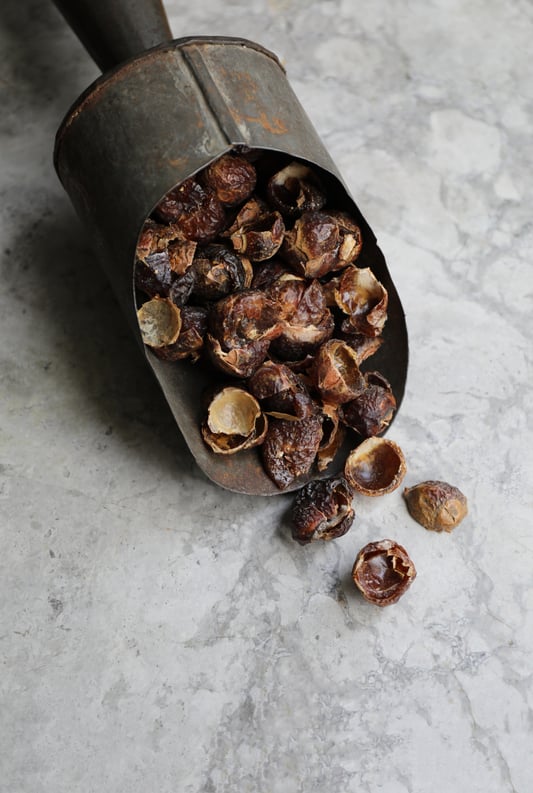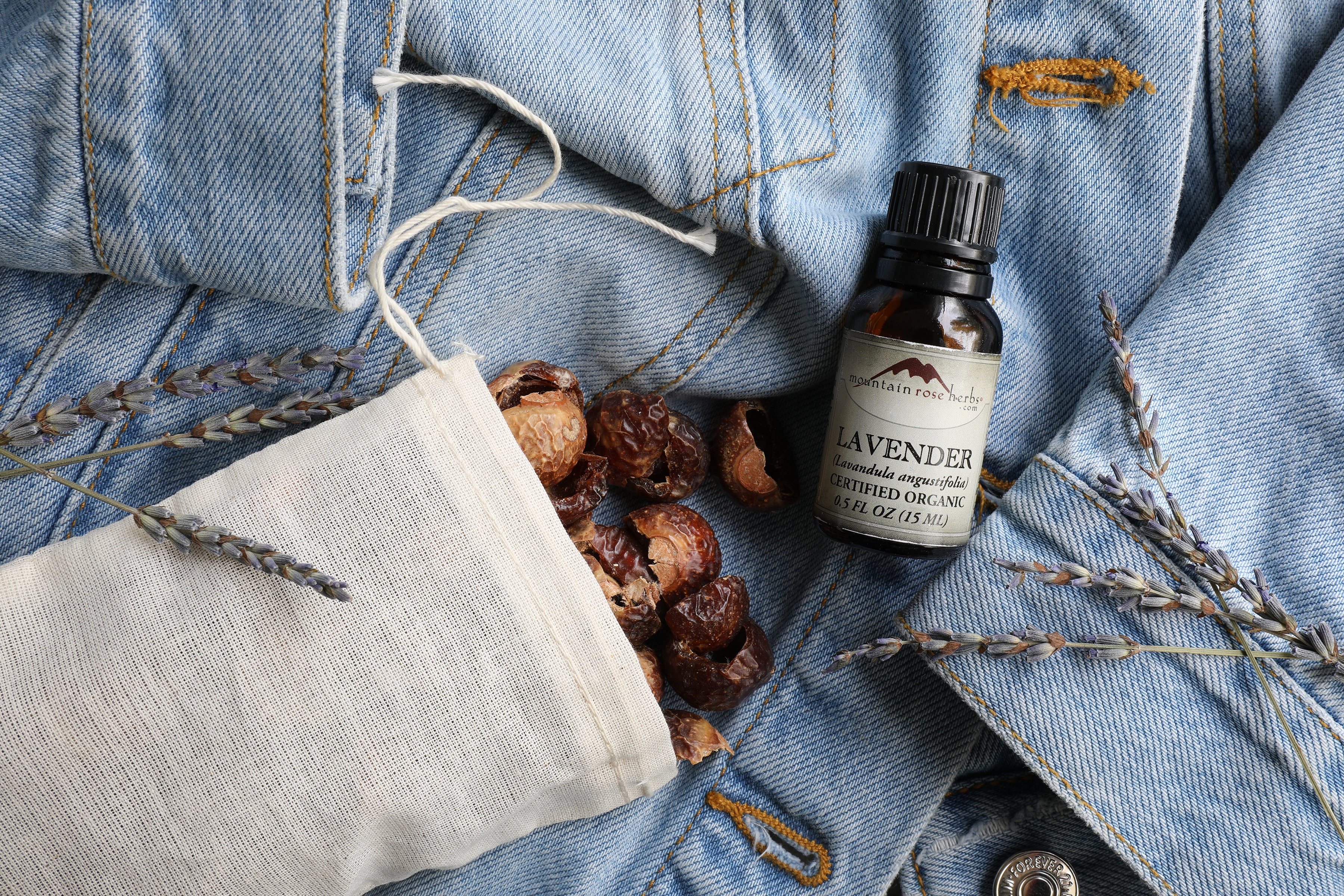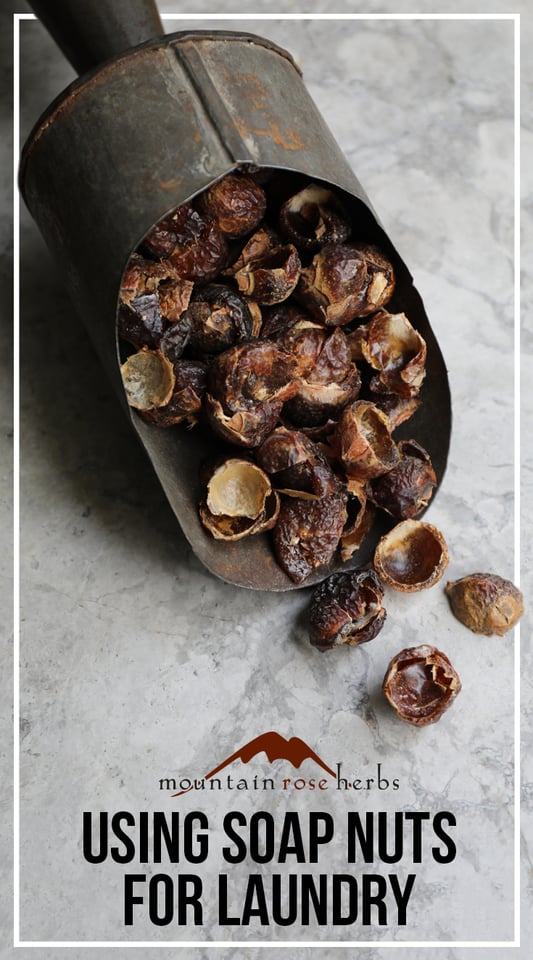Featured Article
The 2022 Video Contest
In 2009, we hosted our first video contest and with the growing interest in short-form video, we thought that 2022 would be the perfect time to bring it back! We want to see your creativity and love for a natural and sustainable lifestyle. One winner will be chosen to recieve $3000!












.jpg?width=1080&name=2023%20(1).jpg)

